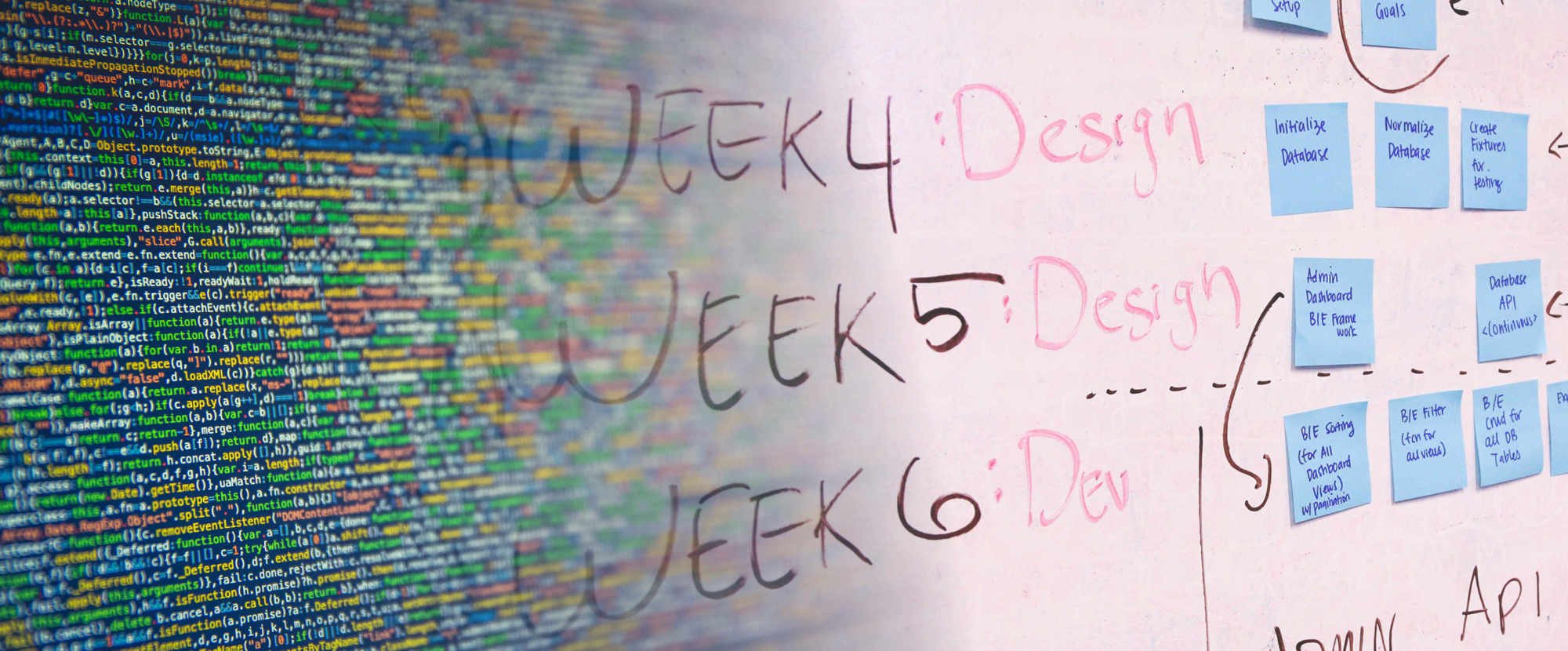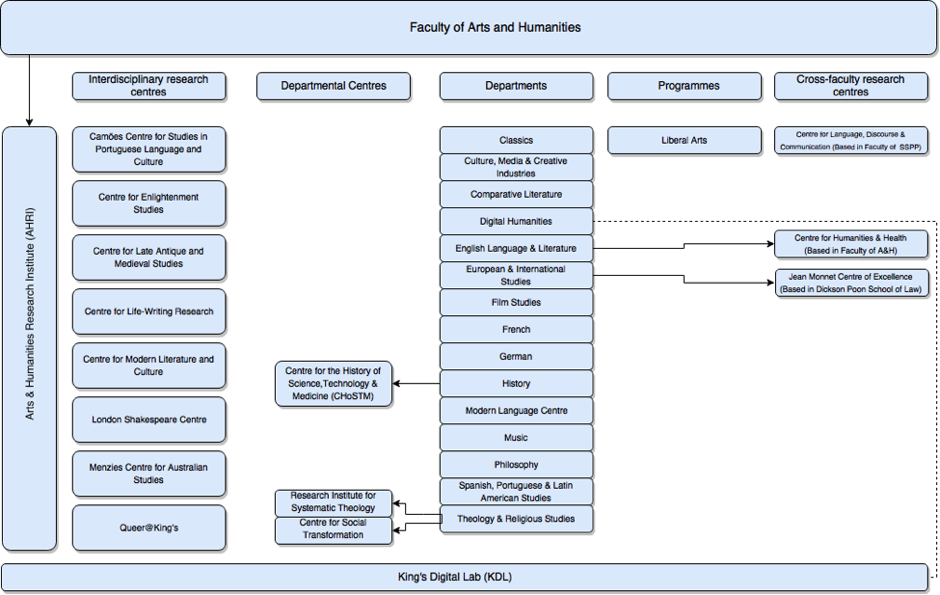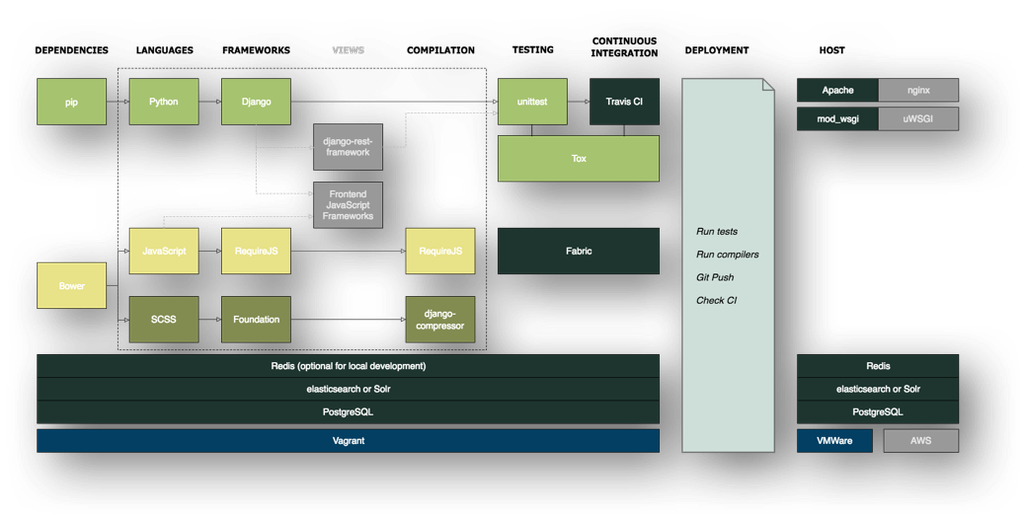KDL Launch

King’s Digital Lab continues a proud tradition of digital humanities at King’s College London. Formally launching on November 17th 2016, the lab builds on a legacy that includes 30 years of activity, set against a background of rapid innovation and change.
Our lab has evolved from the Centre for Computing and the Humanities (1991), the Centre for eResearch in the Humanities (2008), and the Department of Digital Humanities (2011-). Our inaugural Academic Affiliates represent continuity with this history. Professors Harold Short, Willard McCarty, Marilyn Deegan, and Charlotte Rouché will be joined by new affiliates in years to come, but it seemed appropriate to establish King’s Digital Lab with their guidance to ensure continuity, and signal our indebtedness to their vision and commitment over so many years. Professor Sheila Anderson, Head of the Department of Digital Humanities joins us as an affiliate in that capacity, but also in acknowledgement of her role in the Center for eResearch in the Humanities.
The lab represents one half of a new digital humanities model, designed to deliver research and teaching at scale. King’s Digital Lab will provide software development and infrastructure to all departments in the Faculty of Arts & Humanities, retaining our close collegial relationships with the Department of Digital Humanities. This allows the lab to focus on research software engineering (RSE), and implementing the systems, infrastructure, tools, and processes needed to produce high quality digital scholarly outputs. KDL has been established with 12 full-time staff, ranging from analysts to developers, a systems manager, project manager, and director.
We use contract and temporary staff sparingly, and with a view to offering student experience in a software development environment. In acknowledgement of the need to develop sustainable #alt-ac RSE career paths, and to ensure we can build on knowledge and teamwork year on year, we always aim to hire permanent staff and offer them genuine career development opportunities. All KDL team members, permanent or otherwise, are encouraged to use 10% of their time on personal projects, leading to work with Raspberry PIs, virtual reality, and an interest in maker culture. Our goal is to develop a lab based on shared ownership and collective effort.
Our combined DDH - KDL model is not the only one possible, but reflects a level of organization required to deliver digital humanities at scale. King’s Digital Lab manages over 90 projects, including up to 20 that are active in some form, and ~5 million digital objects. We manage over 180 virtual machines, on an infrastructure that uses 400GB of RAM and 27TB of data. We are exploring new infrastructure platforms that include access to cloud and high performance computing options, in a nod towards a future working with big data, visualization, and simulation. We don’t underestimate the challenge, but our goal is to facilitate a transition from twentieth to twenty-first century modes of research.
Our primary purpose is to offer enhanced digital capability to researchers at King’s, and partners in cultural heritage organizations across London, Europe, and the world. This typically involves requirements definition and costing for major grant proposals, followed by development of the digital product after funding has been awarded. It also includes consultancy services, derived from the King’s Digital Consultancy Services (KDCS) previously directed by Simon Tanner.

Faculty of Arts and Humanities
Our work ranges from the development of historical databases and digital archives, digital scholarly editions, map-based tools, data and text analysis, visualization, and eBooks. The capability and range of interests of the KDL team, combined with our mandate to explore new frontiers in research, means we can be open to any ideas colleagues might throw at us.

KDL's software stack. Image created by Luis Figueira
This level of organization helps us manage technology, but also promotes critical awareness: we don’t only use technology, we choose technology. The concept of the ‘laboratory’ is important to us in this context. It implies experimentation and risk, but also a certain intellectual seriousness. Scientists learned what a laboratory means to them over a century ago; the humanities and social sciences are only just starting to explore the implications. They are profound, not only in terms of the epistemological implications of putting tools between the researcher and the object of study; we accept that using industry approaches to software development and financial management brings ideological implications.
Our methods ensure the lab is sustainable, and can continue to support scholarship and the careers of our team members, but it is not something we blithely accept. This intersection - some might say collision - of research and contemporary economics needs to be confronted on its own terms: our commitment is to explore it in seriousness, to be transparent about our problems and failures, to strive towards diversity, and to try to balance the demands of intellectual engagement with the limitations of our tools and budget.
My own research leads me to rationalize this collision with postphenomenology - a recognition of my entanglement with culture, technology, and ideology that will take more than a single career to understand. King’s Digital Lab has more immediate responsibilities, though. The projects we have inherited were produced using heterogeneous tools and programming languages over many years. Funding agencies paid for them to be built, but not to sustain them, despite many of them being of indisputable scholarly significance. Some Primary Investigators (PIs) have retired, or are no longer in contact with King’s. We will never simply unplug servers without immediate cause, but have initiated an internal archiving and sustainability project that will assess each of these projects, determine their intellectual merit, and work with their owners to find the best way to maintain or archive them. The archiving and sustainability model we use for this considerable task will be published in due course, as well as being folded into our core Software Development Life-cycle (SDLC) in an effort to bring about a sea-change in attitudes to sustainability - which should start on day one of every project. I would like to thank King’s Faculty of Arts & Humanities for their considerable generosity funding this process of analysis and assessment.
Our work in sustainability merely provides background activity to a busy laboratory, though. People are our biggest asset. We strive to increase our diversity, are committed to opening up access to our code, our processes, our business practices, and want to use our privileged circumstance for the benefit of the global DH community. As Director I have obvious responsibilities, but it would be a mistake to view KDL through a twentieth century lens. We are a collective, where roles are performed according to natural inclination and practical necessity rather than a retrograde system of command and control: our organizational chart is horizontal rather than vertical.
We have spent a year designing and building our technology and our future, and look forward to contributing to the digital humanities community!
